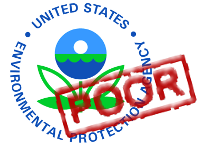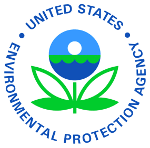While environmental issues have taken a back seat to economy all over the country, industry groups and their defenders in Congress are using this time to advance an agenda designed to erode many successful laws, such as Clean Water Act.
|
|
|||
|
The 3rd Circuit Court of Appeals recently permitted New Jersey blueberry farmers to continue with their suit for negligent misrepresentation, fraud and products liablity against a pesticide manufacturer, Novartis Crop Protection, Inc. Industry bias, lax scientific standards, exemption of food crops containing pesticides from registration requirements, and failure to independently monitor GM crops after approval, are among the regulatory problems exhibited by the EPA when it comes to regulating GMOs. Environmental Protection Agency's Role Under The Federal Insecticide, Fungicide, and Rodenticide ActEPA uses its authority under FIFRA to regulate plant incorporated protectants, or substances produced to control pests, both, to ensure that the production of such a pesticide in plants is safe for the environment, and to establish allowable levels of the pesticide in the food supply. Any substance produced and used in a living plant, whether through conventional breeding or genetic modification is regulated by the EPA if it is intended to control pests. As such, the EPA has a role in regulating the several types of genetically modified organisms. |
|||
|
 |
|||


